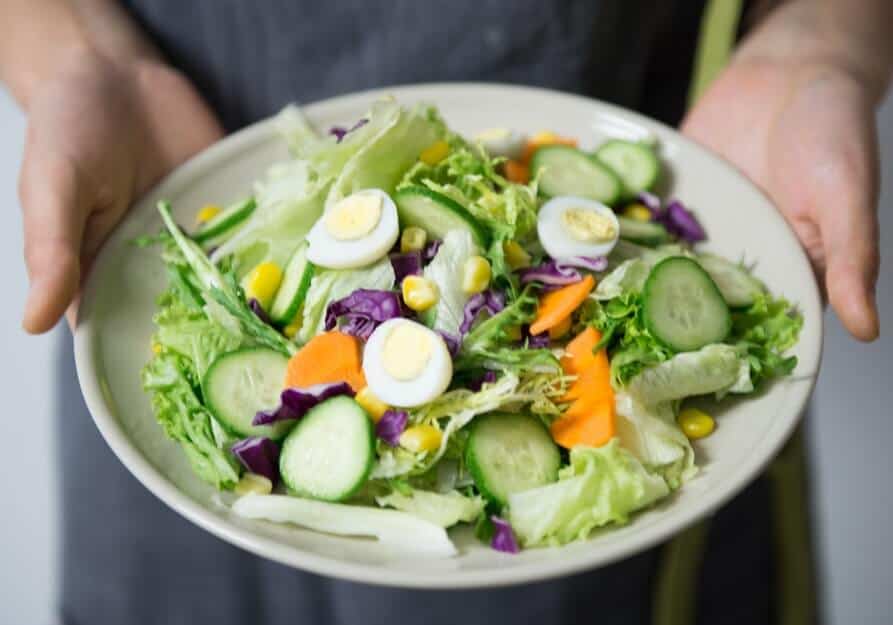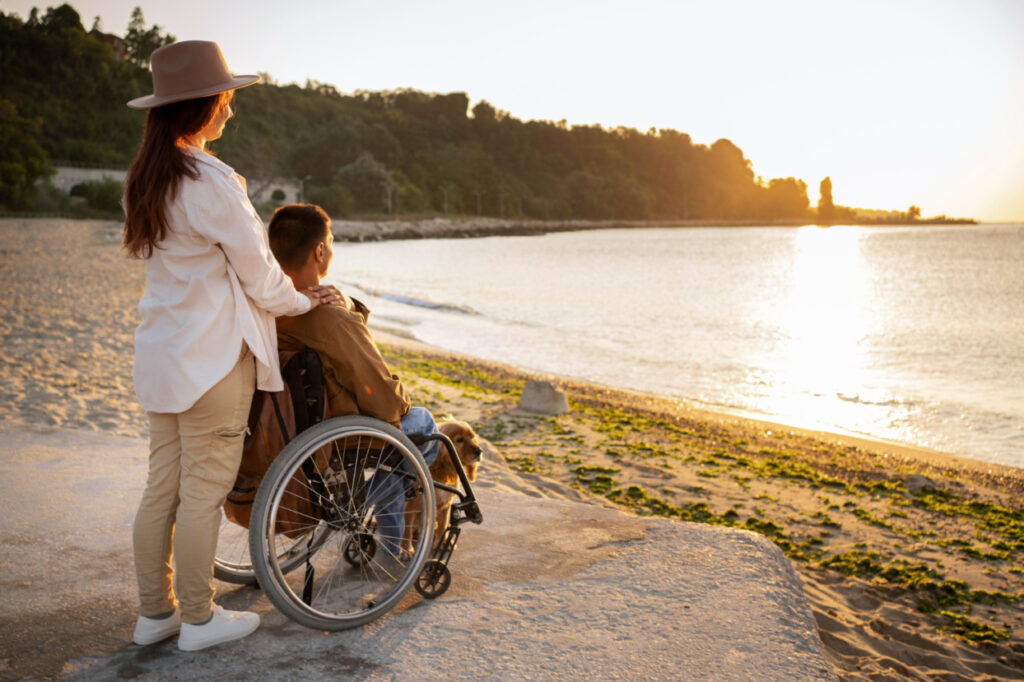A good nutritious diet plays a vital role in determining the well-being of older people. It also helps reducing the risk of contracting diseases and conditions such as diabetes, coronary heart disease, osteoporosis and even cancer.
According to Nutrition Australia, as we get older our lifestyles and appetite can change which can also affect the types of food we eat.
Here OSAN Ability Assist suggests 4 recommended guidelines which you should follow to maintain a healthy life.
Guideline 1
- Elderly people should eat nutritious foods and keep physically active to help maintain muscle strength and a healthy weight.
Guideline 2
- Keep plenty of fruits &vegetables including different types of legumes and beans in your diet.
- Use whole grain or high cereal fibre varieties such as breads, cereals, rice, pasta, noodles, polenta, couscous, oats, quinoa and barley for breakfast.
- You can take lean meats and poultry, fish, eggs, tofu, nuts and seeds to fulfil protein requirement.
- Yoghurt& cheese (salt-less) and their alternatives can be a good alternative for those who doesn’t like milk.
Guideline 3
- Do limit intake ofsalt, alcohol and foods high in saturated fat such as creamy biscuits, cakes, pastries, pies, processed meats, burgers, pizza, potato chips, crisps and most other savoury snacks & fried foods as these can aggravate LDL Cholesterol level & chance of heart-diseases.
Guideline 4
Last but not the least, drink plenty of water
For more details you can visit: http://www.nutritionaustralia.org/national/resource/nutrition-and-older-adults










